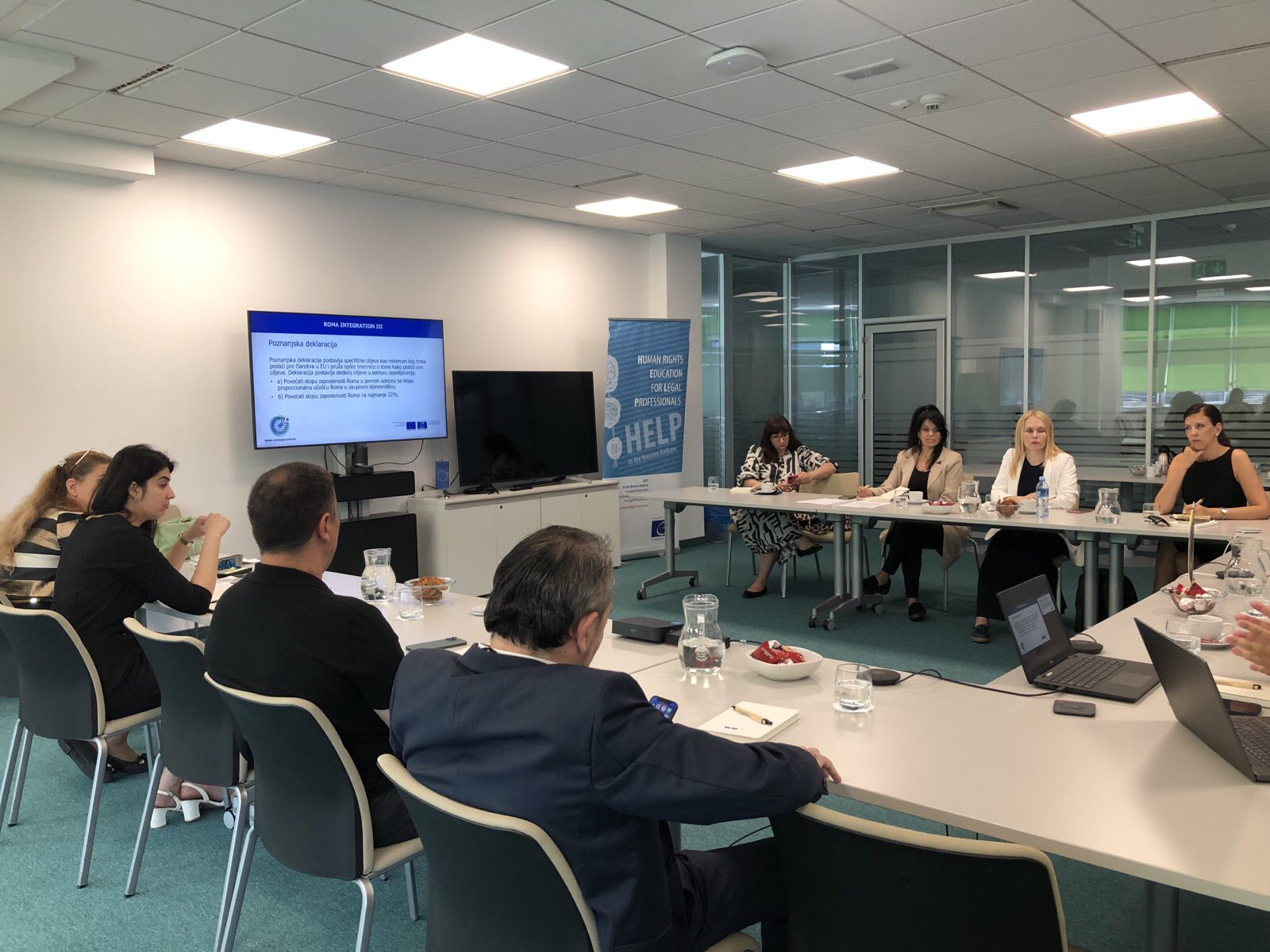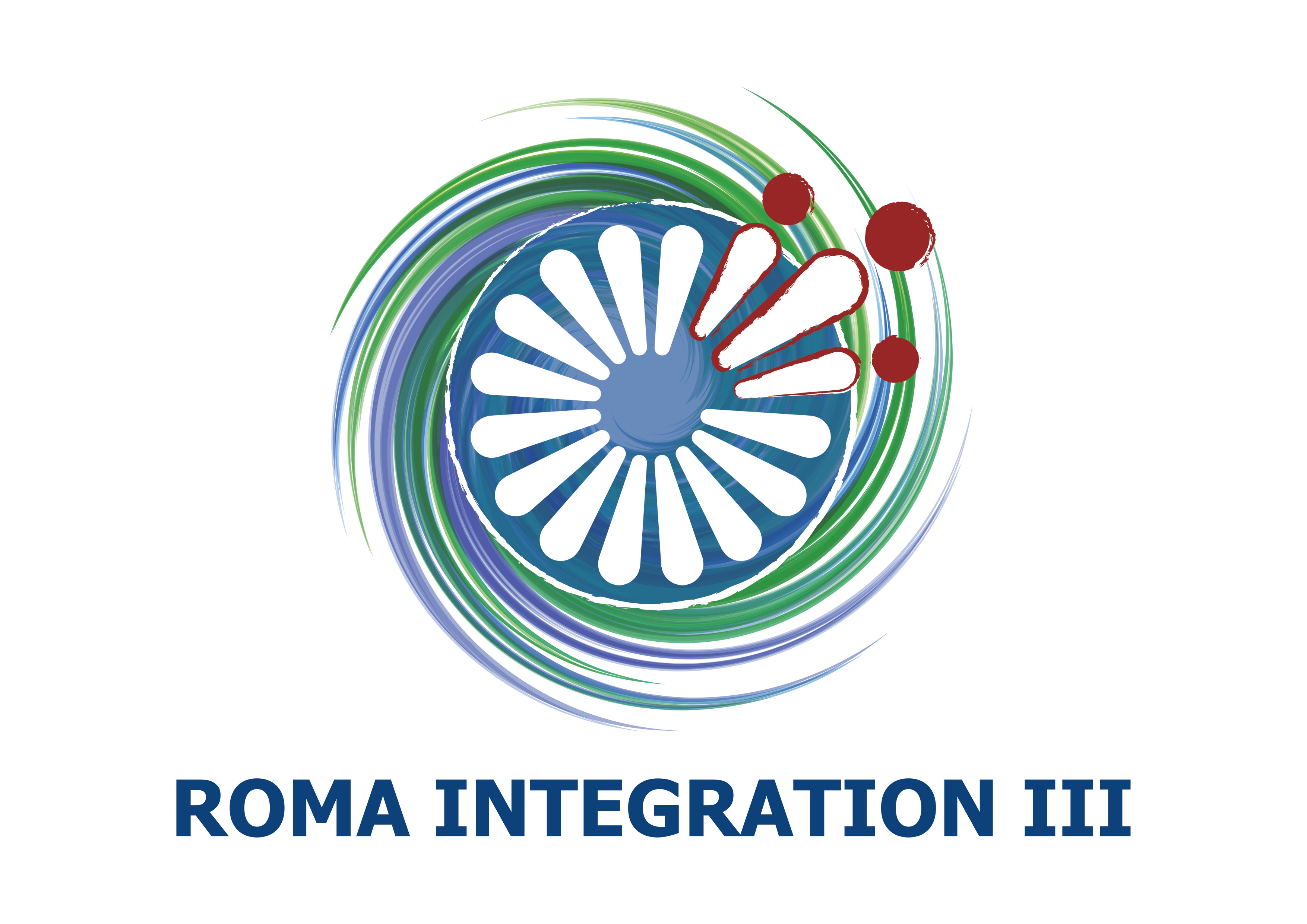A meeting on the impact of employment and self-employment measures and their relevance for the position of Roma on the labour market was organised. The event brought together representatives of the Ministry for Labour, Employment, Veteran and Social Affairs; the Ministry for Human and Minority Rights and Social Dialogue, National Employment Service, Delegation of European Union (DEU), Foundation of Roma for Europe and Roma Entrepreneurship Development Initiative (REDI).
Experts on employment, Miodrag Shrestha and Irma Lutovac, presented the results and recommendations from the Analysis on the impact of employment and self-employment measures with relevance for Roma in Serbia. Also, challenges and potentials for improvement in the Western Balkans and Türkiye were shared.
During the meeting it has been emphasised that Government efforts in the previous period have led to incremental improvements, particularly through implementation of the Employment Strategy and the National Employment Action Plan. However, challenges persist in terms of lack of funding for active labour market measures, complex administrative procedures, limited mentoring and follow-up, and insufficient outreach to Roma settlements.
Despite these limitations, the study identified examples of best practices that demonstrate the value of community-based, CSO-led interventions. Programs implemented by experienced organizations and/or Roma CSOs successfully combined tailor-made approach, diverse training, peer mentoring, community outreach, and business development support in Roma communities.
In conclusion, the presented analysis underscores that strategic investments in targeted outreach, simplified procedures, long-term mentoring, and multi-sectoral coordination with experienced civil society organizations are essential. ALMPs must be adequately resourced and inclusive by design to generate lasting, equitable employment outcomes for Roma communities across Serbia.
Key Messages from the Event
- It is crucial to ensure long-term mentoring support, potentially by partnering with CSOs experienced in Roma self-employment and inclusion. Sustained mentorship is critical to ensure post-subsidy business sustainability and entrepreneurship empowerment.
- There is a need to integrate financial social aid (FSA) and active labour market policies (ALMP) as complementary measures by introducing transitional support mechanisms—such as a gradual phasing-out of FSA benefits for Roma beneficiaries who enter formal employment. This approach would promote sustainable labour market integration, while providing basic social security.
- Roma youth should fully benefit from Youth Guarantee program: targeting Roma NEETs, integrating customized career counselling, training, and work placements. Engaging Roma youth organizations in the design and delivery of services can enhance trust and uptake.
- Adoption of Program for Development of Social Entrepreneurship would boost Roma Social Entrepreneurship. This would enable access to social enterprise status, financing, and support for Roma-led initiatives with a social mission.
- Current labour shortages can be reduced by actively linking marginalized and vulnerable individuals, including Roma, to companies facing workforce gaps. Additionally, it is crucial to support the growth of Roma-owned businesses established through self-employment programs, enabling them to scale and create new job opportunities within their communities.
Support and Acknowledgements
This meeting was supported by the Council of Europe–EU Joint Programme "Roma Integration III".


